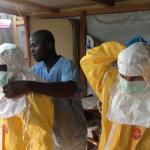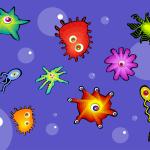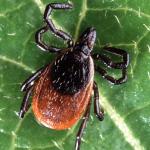It's been three and a half years since the last Ebola outbreak in West Africa, when 28,600 people in Liberia, Guinea and Sierra Leone were infected and over 11,300 killed.
Other Science News
You're getting older and you've retired from your job. And with all the free time you have, you keep coming across articles advising older folks like yourself to engage in activities to keep their minds sharp.
The USPTF, the US Preventative Task Force has released their latest guidelines with respect to prostate cancer, that frequently slow growing but most common of cancers in men. My colleague, Dr.
We may be one step closer to saving thousands of newborns from a potentially nasty illness and death.
Some people are anti-GMO because they don't like the idea of their food being genetically manipulated. But, what about food that is altered using the gene editing technology known as CRISPR-Cas9?
It could be argued that there is no more polarizing composer than Wolfgang Amadeus Mozart. Both performers and listeners have very different reactions to Mozart's works.
As a microbiologist, I have a pet peeve; when the words bacteria and virus are used interchangeably. It is not an infrequent mistake to see. And, a story this week in the New York Post is no exception.
Alex Berezow wrote about the decision of the California Energy Commission requiring new home construction to have roof-top solar panels.
Hans Rosling died a little over a year ago. He spent his lifetime trying to teach us how facts allow us to separate fear from danger. He is the ultimate debunker and a compelling, thoughtful communicator.
Finally, the hats and gloves can be stowed away. The summer is almost here and it's time to get outside and enjoy the weather. But, this year, more than any other year, our time spent outside may not be as worry-free.












